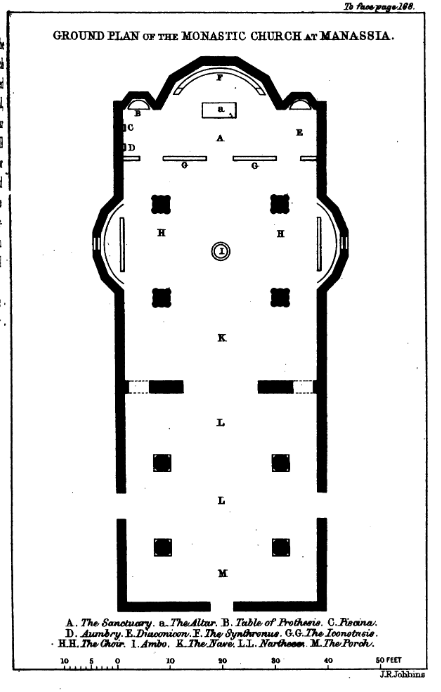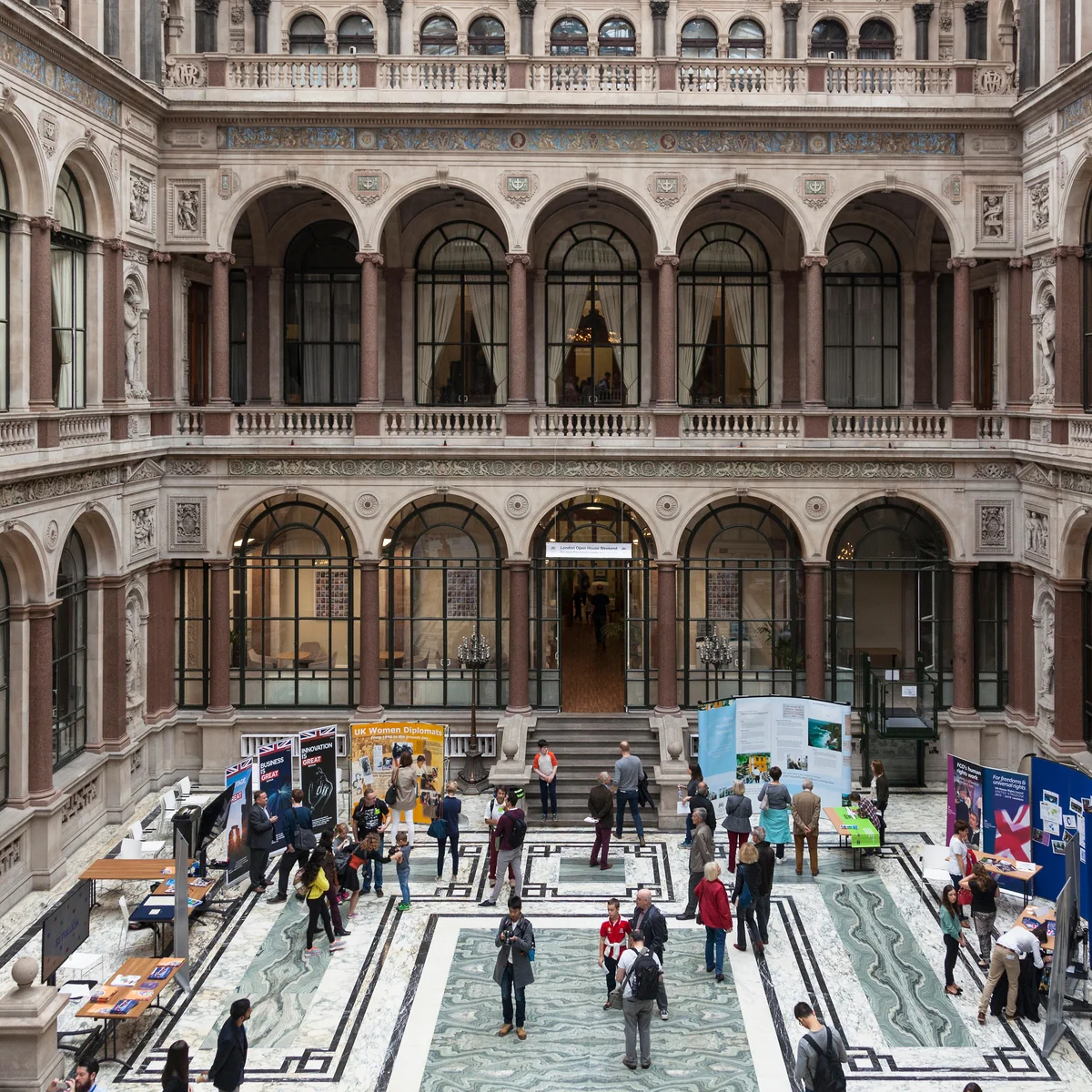SERVIA,
YOUNGEST MEMBER OF THE EUROPEAN FAMILY:
OR, A
RESIDENCE IN BELGRADE,
AND
TRAVELS IN THE HIGHLANDS AND WOODLANDS OF THE INTERIOR,
DURING THE YEARS 1843 AND 1844.
BY
ANDREW ARCHIBALD PATON, ESQ.
Town life.—The public offices.—Manners half-Oriental half-European.—Merchants and Tradesmen.—Turkish population.—Porters.—Barbers.—Cafés.—Public Writer.
On passing from the country to the town the politician views with interest the transitional state of society: but the student of manners finds nothing salient, picturesque, or remarkable; everything is verging to German routine. If you meet a young man in any department, and ask what he does; he tells you that he is a Concepist or Protocollist.
In the public offices, the paper is, as in Germany, atrociously coarse, being something like that with which parcels are wrapped up in England; and sand is used instead of blotting paper. They commence business early in the morning, at eight o’clock, and go on till twelve, at which hour everybody goes to the mid-day meal. They commence again at four o’clock, and terminate at seven, which is the hour of supper. The reason of this is, that almost everybody takes a siesta.
The public offices throughout the interior of Servia are plain houses, with white-washed walls, deal desks, shelves, and presses, but having been recently built, have generally a respectable appearance. The Chancery of State and Senate house are also quite new constructions, close to the palace; but in the country, a Natchalnik transacts a great deal of business in his own house.
Servia contains within itself the forms of the East and the West, as separately and distinctly as possible. See a Natchalnik in the back woods squatted on his divan, with his enormous trowsers, smoking his pipe, and listening to the contents of a paper, which his secretary, crouching and kneeling on the carpet, reads to him, and you have the Bey, the Kaimacam, or the Mutsellim before you. See M. Petronievitch1 scribbling in his cabinet, and you have the Fürstlicher Haus-Hof-Staats-und Conferenz-Minister of the meridian of Saxe or Hesse.
Servia being an agricultural country, and not possessing a sea-port, there does not exist an influential, mercantile, or capitalist class per se. Greeks, Jews, and Tsinsars, form a considerable proportion of those engaged in the foreign trade: it is to be remarked that most of this class are secret adherents of the Obrenovitch party, while the wealthy native Servians support Kara Georgevitch.2
In Belgrade, the best tradesmen are Germans, or Servians, who have learned their business at Pesth;3 or Temeswar; but nearly all the retailers are Servians.
Having treated so fully the aspects and machinery of Oriental life, in my work on native society in Damascus and Aleppo, it is not necessary that I should say here any thing of Moslem manners and customs. The Turks in Belgrade are nearly all of a very poor class, and follow the humblest occupations. The river navigation causes many hands to be employed in boating; and it always seemed to me that the proportion of the turbans on the river exceeded that of the Christian short fez. Most of the porters on the quay of Belgrade are Turks in their turbans, which gives the landing-place, on arrival from Semlin, a more Oriental look than the Moslem population of the town warrants. From the circumstance of trucks being nearly unknown in this country, these Turkish porters carry weights that would astonish an Englishman, and show great address in balancing and dividing heavy weights among them.
Most of the barbers in Belgrade are Turks, and have that superior dexterity which distinguishes their craft in the east. There are also Christian barbers; but the Moslems are in greater force. I never saw any Servian shave himself; nearly all resort to the barber. Even the Christian barbers, in imitation of the Oriental fashion, shave the straggling edges of the eyebrows, and with pincers tug out the small hairs of the nostrils.
The native cafés are nearly all kept by Moslems; one, as I have stated elsewhere, by an Arab, born in Oude in India; another by a Jew, which is frequented by the children of Israel, and is very dirty. I once went in to smoke a narghilé, and see the place, but made my escape forthwith. Several Jews, who spoke Spanish to each other, were playing backgammon on a raised bench, and seemed to have in their furs and dresses that “malpropreté profonde et huileuse” which M. de Custine tells us characterizes the dirt of the north as contrasted with that of the southern nations. The café of the Indian, on the contrary, was perfectly clean and new.
Moslem boatmen, porters, barbers, &c. serve Christians and all and sundry. But in addition to these, there is a sort of bazaar in the Turkish quarter, occupied by tradespeople, who subsist almost exclusively by the wants of their co-religionists living in the quarter, as well as of the Turkish garrison in the fortress. The only one of this class who frequented me, was the public writer, who had several assistants; he was not a native of Belgrade, but a Bulgarian Turk from Ternovo. He drew up petitions to the Pasha in due form, and, moreover, engraved seals very neatly. His assistants, when not engaged in either of these occupations, copied Korans for sale. His own handwriting was excellent, and he knew all the styles, Arab, Deewanee, Persian, Reka, &c. What keeps him mostly in my mind, was the delight with which he entered into, and illustrated, the proverbs at the end of M. Joubert’s grammar, which the secretary of the Russian Consul-general had lent him. Some of the proverbs are so applicable to Oriental manners, that I hope the reader will excuse the digression.
“Kiss the hand thou hast not been able to cut.”
“Hide thy friend’s name from thine enemy.”
“Eat and drink with thy friend; never buy and sell with him.”
“This is a fast day, said the cat, seeing the liver she could not get at.”
“Of three things one—Power, gold, or quit the town.”
“The candle does not light its base.”
“The orphan cuts his own navel-string,” &c.
The rural population of Servia must necessarily advance slowly, but each five years, for a generation to come, will,—I have little doubt,—alter the aspect of the town population, as much relatively as the five that are by-gone. Let the lines of railway now in progress from Belgium to Hungary be completed, and Belgrade may again become a stage in the high road to the East. A line by the valleys of the Morava and the Maritsa, with its large towns, Philippopoli and Adrianople, is certainly not more chimerical and absurd than many that are now projected. Who can doubt of its ultimate accomplishment, in spite of the alternate precipitancy and prostration of enterprise? Meanwhile imagination loses itself in attempting to picture the altered face of affairs in these secluded regions, when subjected to the operation of a revolution, which posterity will pronounce to be greater than those which made the fifteenth century the morning of the just terminated period of civilization.
- Tran. note: Avram Petronijević, secretary to Knez Miloš Obrenović, multiple times the Serbian representative (ćehaja) with the Sublime Porte, diplomat, Minister of Foreign Affairs and longest-serving Prime Minister of Serbia in a single mandate (1844-1852), as well as a prominent member of the Ustavobranitelji (Defenders of the Constitution) group, which sought to limit the powers of the Knez. Spoke German, Greek, Romanian, Italian, Turkish and French. ↩︎
- Tran. note: At this time, Serbia had two competing dynasties, derived from the two leaders of the First and Second Serbian Uprising against the Ottomans. ↩︎
- Tran. note: At this time, Budapest was not yet incorporated into one city and was separated out into Buda, Pest and Obuda. ↩︎



